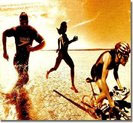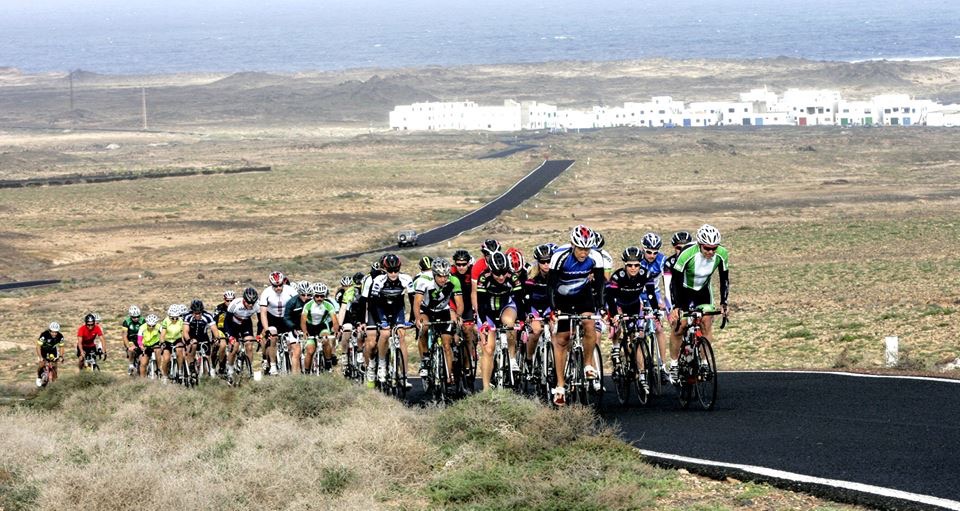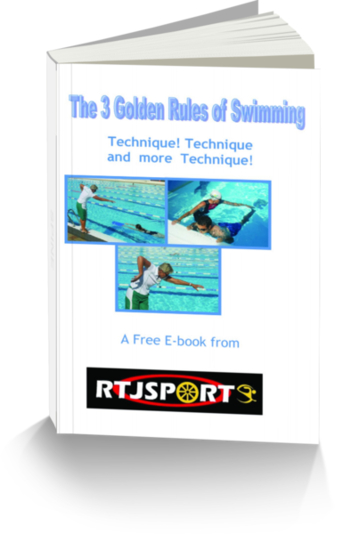Advanced
All over the world you see triathletes who can swim, ride and run well but what does it take to make it to the next level and to become an elite triathlete.
We’ve come up with 10 tips to help intermediate triathletes take the next step to become elite.
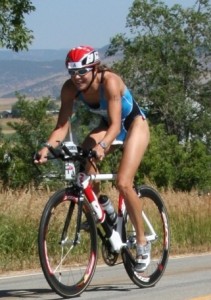 1. It’s a mental step more than a physical one.
1. It’s a mental step more than a physical one.
There are several important steps to take along the path from talented triathlete to elite-level professional triathlete. Harder training – yes. Working consistently every day on technique and skills – absolutely. Spending more time on recovery and rest – without doubt. But the biggest step of all is in the athlete’s mind. Most triathletes are usually focused on learning how to train effectively or figuring out how to just stay competitive in races. Pros are focused on one thing…winning, and finding ways of winning more often. Developing this winning mind set is the first and most important step to take along the path from talented athlete to professional triathlete. It’s saying, “Sure, racing is great and training is fun but I want to be the best and I am prepared to do whatever it takes to win.”
2. Talent not (really) required
Talent is nice to have – but when it comes to being an elite-level triathlete, it’s not as important as you might think. The world’s best triathletes might appear to be a group of bulletproof athletes with seemingly unlimited, almost superhuman endurance abilities, but for most of them, success has come about due to hard work, discipline, commitment, dedication, drive, passion and determination. Sure, the absolute superstars of the sport may have a few more of the superstar chromosomes (whatever they are), but the majority of the pros are just average human beings with an uncompromising desire to be the best and the total commitment to do whatever it takes to be counted among the sport’s elite.
3. Understand what it takes – be a realist.
A world-class elite-level triathlete trains between 20-to-30 hours a week. Add to that recovery sessions, massage, physiotherapy, mental skills training, injury management, media commitments, sponsor engagements and gym workouts, and being an elite triathlete is a full-time job. Take your time and be patient. A talented triathlete may take eight-to-10 years to get to the point where they can physically and mentally cope with the challenges and demands of being an elite level triathlete.
4. Understand your weaknesses
Train to overcome them but build a career on your strengths. Too many triathletes get hung up on what they can’t do. For example, a triathlete with a strong swim and run background will often become focused and negative about their cycle leg and the need to improve it. The best triathletes in the world take a different approach. They focus on their strengths and develop them into weapons – they make their strengths even stronger and use them when and how they need to in racing to gain a competitive advantage. Improve every aspect of your triathlon, learn to overcome your weaknesses but build your professional career on your weapons!
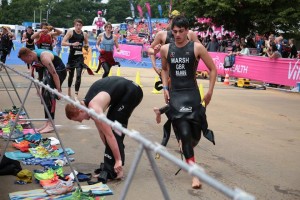 5. It’s not fast age group – it’s elite.
5. It’s not fast age group – it’s elite.
While it is often easy and convenient to train with the age groupers in your club, for an elite-level triathlon professional racing is about being the best of the best. Elite-level triathlon is not a handicap event. Age-group racing is a wonderful aspect of the sport of triathlon, but elite racing is another level altogether. Talented triathletes with aspirations of winning national races or the big international standard ironman races need to pursue a training and development pathway which is world class in every detail.
6. Skills, skills, skills
It’s tempting to believe that the difference between little kids and big kids is only physical, but at elite level, it’s the skills of triathlon – physical, tactical, technical and mental – that differentiate the great triathletes from the rest. Any triathlete hoping to make it to the top should focus on building a solid foundation of outstanding skills in swim, bike, run, transition and the mental side of performance as the priority areas of their training and development program.
7. Become the total professional
Self-management is as important as training and racing. Elite-level triathlon is so much more than training hard and racing fast. It’s about managing your body and your mind 24/7. The best professional triathletes spend as much time on their recovery as they do on their racing. It’s a total package – training and racing plus the right nutrition, plenty of quality sleep, travel management, equipment maintenance, rest and relaxation. Elite-level triathletes are elite-level triathletes all the time and in all that they do.
8. It’s about balance
If triathletes have a fault, it’s their often obsessive nature. Triathletes don’t just do triathlon, they become triathletes – they become part of the sport. For elite-level triathletes, however, balance is important. The physical and mental stress of training and racing at the highest level can and will take a toll and even the best of the best professional triathletes have time off to rest, recover and regenerate.
9. Money, sponsorship and endorsements are important, but they’re not the only thing.
Many world-class elite-level triathletes, even those on the professional ironman circuit ,do so on little more than the basic wage. The myth about professional triathlon is that there are millions of pounds available for any triathlete who can swim, ride and run a little. Wrong. The rewards for the best are considerable – there’s no doubt about that – but for most of the professional triathletes travelling the world’s racing circuits, it’s more about survival than mansions, fast cars and yachts. The main reason most of the pros race in triathlon is that they love it.
10. It’s your decision
It’s your responsibility, not anyone else’s – yours! If you’re a young triathlete, you’ve got a big fan club. Your mum, your dad, your coach, your club mates, your training partners. Lots of people want you to succeed. But the decision to be an elite-level triathlete is yours. Being a pro is your responsibility. If your passion is triathlon and if you believe you want to be a professional, then make a personal commitment to pursue this dream with all that you have. Don’t do it for Mum – she’ll always love you. Don’t do it for Coach – he’ll support you no matter what you decide to do. Do it for you. Take responsibility for your decision to be the best and give it all you’ve got.

